Crops and plant production
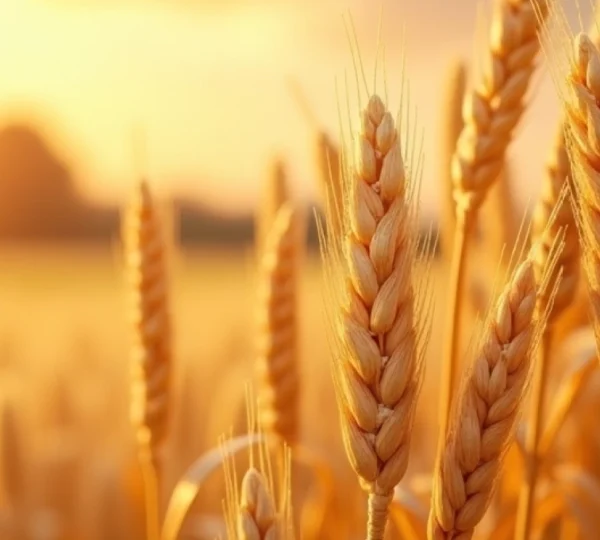
Grain crops are vital for feeding both people and livestock worldwide
Grain crops form the backbone of global food security, providing essential nutrition for billions of people and serving as a crucial component in livestock feed. These versatile plants, which include staples like wheat, rice, and maize, have been cultivated for…
Read more
Why crop variety selection matters in adapting to local growing conditions?
Crop variety selection is a critical decision for farmers and agronomists seeking to optimize yields and adapt to specific environmental challenges. The choice of cultivar can significantly impact crop performance, resilience, and overall farm productivity. As climate patterns shift and…
Read more
How plant hormones influence crop growth and stress response?
Plant hormones play a crucial role in regulating crop growth, development, and responses to environmental stresses. These chemical messengers, produced in minute quantities, orchestrate complex physiological processes that determine crop yield and quality. Understanding the intricate workings of plant hormones…
Read more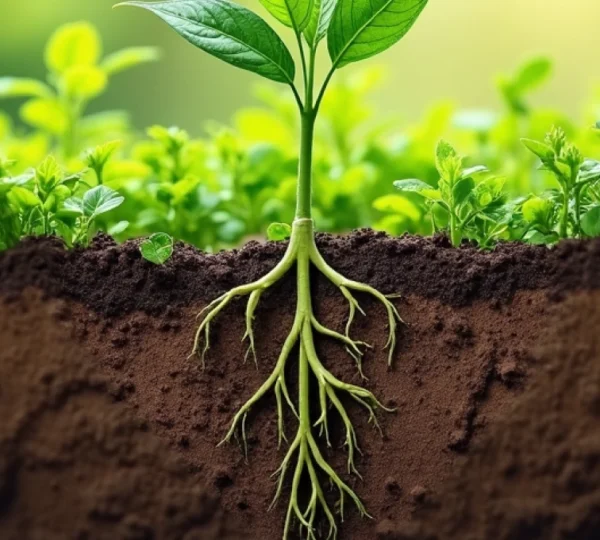
Leguminous crops and their role in nitrogen fixation for healthy soils
Leguminous crops play a crucial role in sustainable agriculture, offering a natural and efficient method of enriching soil with nitrogen. These remarkable plants, through their symbiotic relationship with specific bacteria, can convert atmospheric nitrogen into a form readily available for…
Read more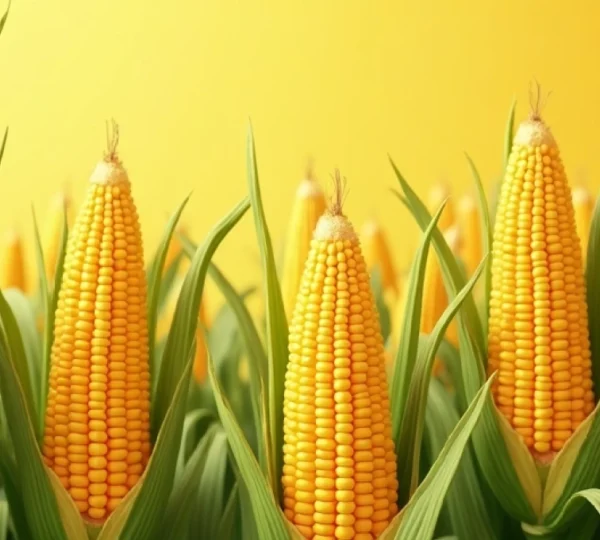
Why is corn a versatile crop?
Corn, scientifically known as Zea mays, stands as one of the most versatile crops in modern agriculture. Its remarkable adaptability and diverse applications have made it a cornerstone of global food systems and industrial processes. From ancient Mesoamerican civilisations to…
Read more
Dry farming techniques: growing crops with minimal irrigation
Dry farming is a time-tested agricultural method that enables crop production in arid and semi-arid regions with limited water resources. As climate change intensifies and water scarcity becomes a pressing global issue, these techniques are gaining renewed attention from farmers…
Read more
The role of seed quality in maximizing crop performance
In the realm of agriculture, seed quality stands as a cornerstone for successful crop production. The significance of high-quality seeds cannot be overstated, as they lay the foundation for robust plant growth, disease resistance, and ultimately, bountiful harvests. As global…
Read more
How companion planting boosts productivity and deters pests naturally?
Companion planting is a time-honoured agricultural practice that harnesses the power of plant relationships to enhance crop yields and promote natural pest control. This innovative approach to farming and gardening leverages the intricate web of interactions between different plant species,…
Read more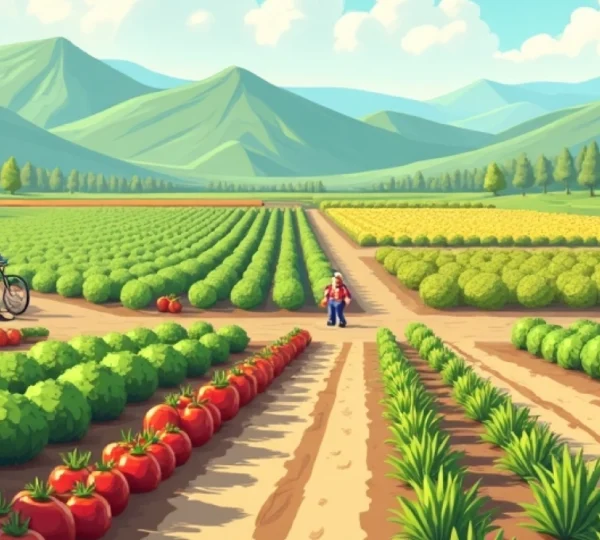
Interseasonal planning: how to rotate and plan crops throughout the year?
Effective crop rotation and planning are fundamental to successful year-round farming. By strategically rotating crops across seasons, farmers can optimise soil health, manage pests and diseases, and maintain consistent yields. This approach to agriculture not only enhances productivity but also…
Read more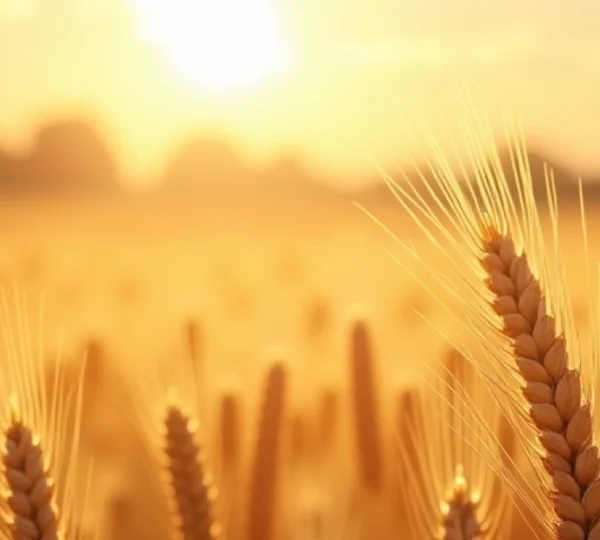
Wheat cultivation: farming methods, climate needs, and global trade
Wheat stands as one of the world’s most crucial staple crops, feeding billions and shaping agricultural landscapes across continents. Its cultivation intertwines complex agronomic practices, climate adaptations, and global market dynamics. From the vast plains of North America to the…
Read more